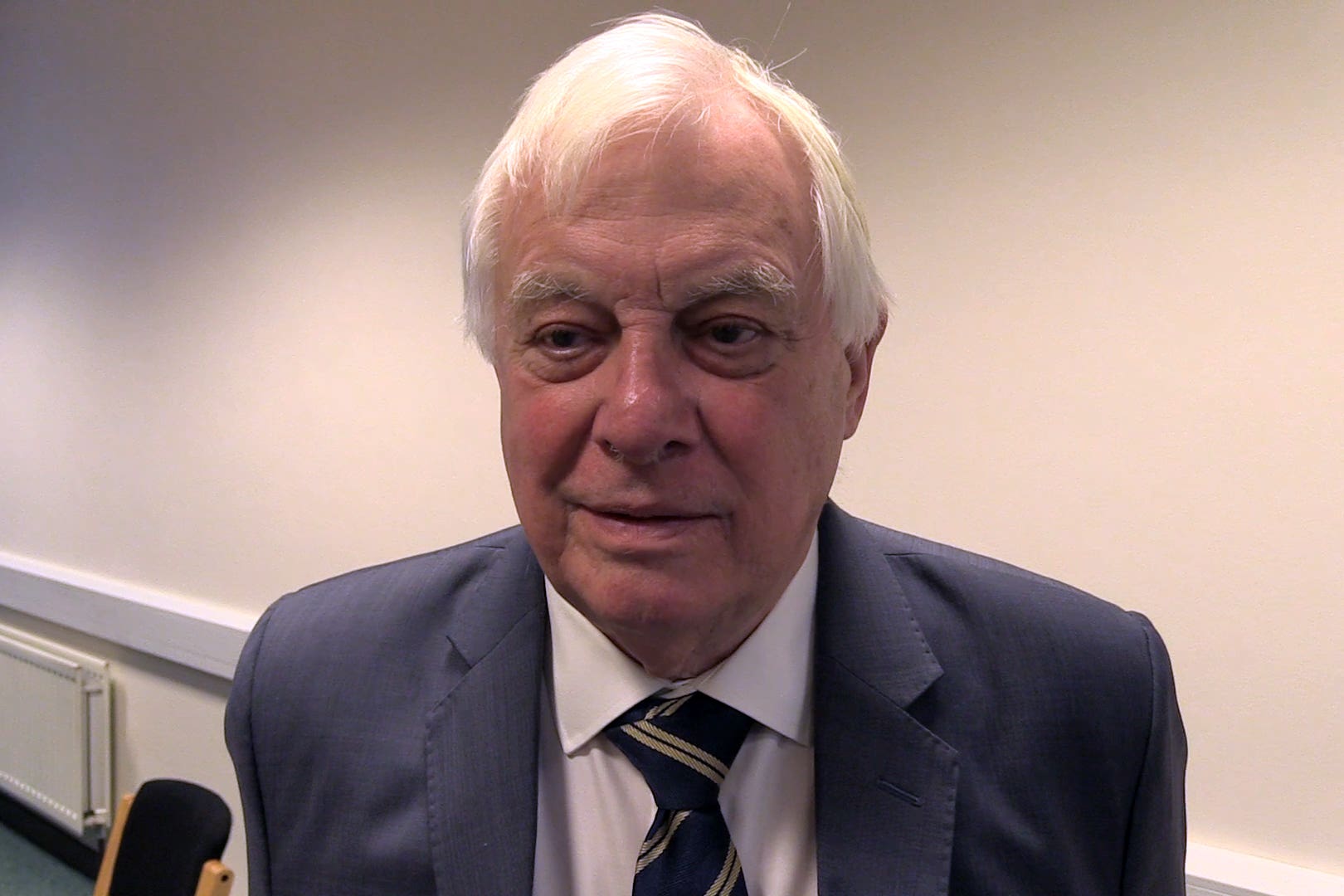Chinese vice-president at coronation shows how China sees UK, says Lord Patten
Han Zheng’s attendance is a sign that China does not give ‘two hoots’ about the UK, the last British governor of Hong Kong said.

The attendance of China’s vice-president at the King’s coronation is a sign that the global power does not give “two hoots” about the UK, the last British governor of Hong Kong has suggested.
Han Zheng, who has been blamed for overseeing a crackdown on freedom in Hong Kong, was recently appointed as President Xi Jinping’s deputy and is set to represent China at the royal event.
Foreign Secretary James Cleverly, who will meet the Chinese politician, indicated that he will raise issues including Hong Kong and human rights abuses in Xinjiang province.
But Lord Patten was critical of elements of the Government’s current approach to China, as he said the decision to send Mr Han is a reflection of how China sees Britain.
However hard we try to lean over backwards, horizontally sometimes, to accommodate their own political narrative, I don’t think they really give two hoots about us
“It doesn’t say anything bad about the British Government in particular, and of course it’s got nothing to do with the King and I’m sure it won’t cast clouds over what I imagine will be a very happy occasion,” he told BBC Radio 4’s World At One programme.
“But it does give an indication of what the Chinese Communist Party actually thinks about us because, while he may or may not be a significant figure in Xi Jinping’s court, he was actually the guy responsible for policy on Hong Kong.
“You can’t ignore the fact that he’s there, and it’s a stick in the eye for 140,000 or more Hongkongers who are in exile here with the help of the BNO passport scheme.
“And also I think it’s an indication of the fact that, however much you grovel to China, however much you try to give them face, they don’t give a toss about giving us face because they could have sent lots of other people.
“There are, after all, 1.4 billion of them and they chose to send the guy who’s responsible for breaking their word about Hong Kong.”
He added: “If it wasn’t deliberate, then it shows how casually they actually treat us anyway.
“So, however hard we try to lean over backwards, horizontally sometimes, to accommodate their own political narrative, I don’t think they really give two hoots about us.”
The Chinese vice-president will be among the many world leaders, dignitaries and senior officials from around the world who will travel to London for the coronation on Saturday.
But some senior Tories, including former leader Sir Iain Duncan Smith, have strongly criticised the invitation for Mr Han.
Mr Han led Hong Kong affairs for Beijing between 2018 and March this year, during which time it imposed the national security law after mass protests in the city, stifling opposition and criminalising dissent.
The move strained relations with the UK and led to the creation of a visa scheme allowing Hongkongers to come to Britain.
The UK says China remains in breach of the 1984 Sino-British Joint Declaration, under which it has a duty to uphold Hong Kong’s high degree of autonomy and rights and freedoms.
Hong Kong was handed over from the UK to China in 1997 with a promise by Beijing to keep Western-style liberties under a “one country, two systems” framework.
Lord Patten said the UK should “actually stand up for ourselves and stand up to them” when it comes to China, as he criticised the approach of “robust pragmatism” favoured by Rishi Sunak and Mr Cleverly.
The Prime Minister’s policy on China has been seen as a notable shift from the harder line taken by Liz Truss, with the “refreshed” integrated review referring to China “epoch-defining and systemic challenge”.
“It’s preferable to the Golden Age, which was Mr (David) Cameron and Mr (George) Osborne’s view at the same time as the Chinese were beginning their crackdown in Xinjiang and beginning to think about the crackdown in Hong Kong,” the peer said.
“But what I notice about these speeches, about robust pragmatism, is that they’ve got lots and lots of strong nouns and strong adjectives, but you actually search through them for a strong verb… they don’t tend to include many strong verbs.”
A recent speech by Mr Cleverly on China, Lord Patten added, also “leant over backwards to give as rosy a picture of what was happening in China as possible”.
Bookmark popover
Removed from bookmarks